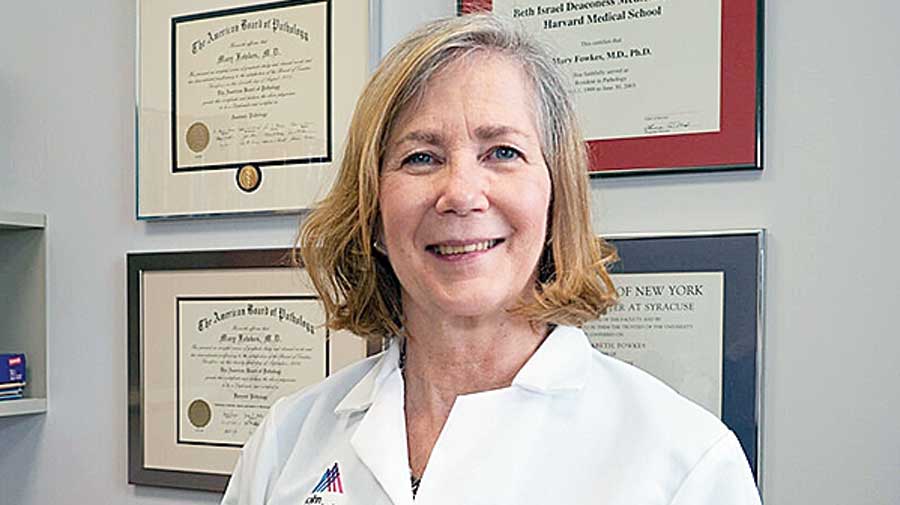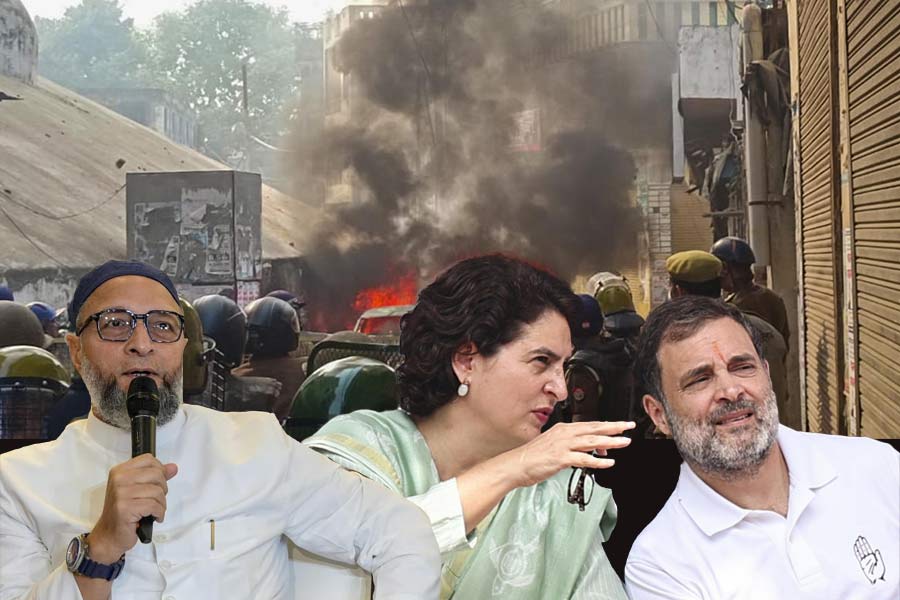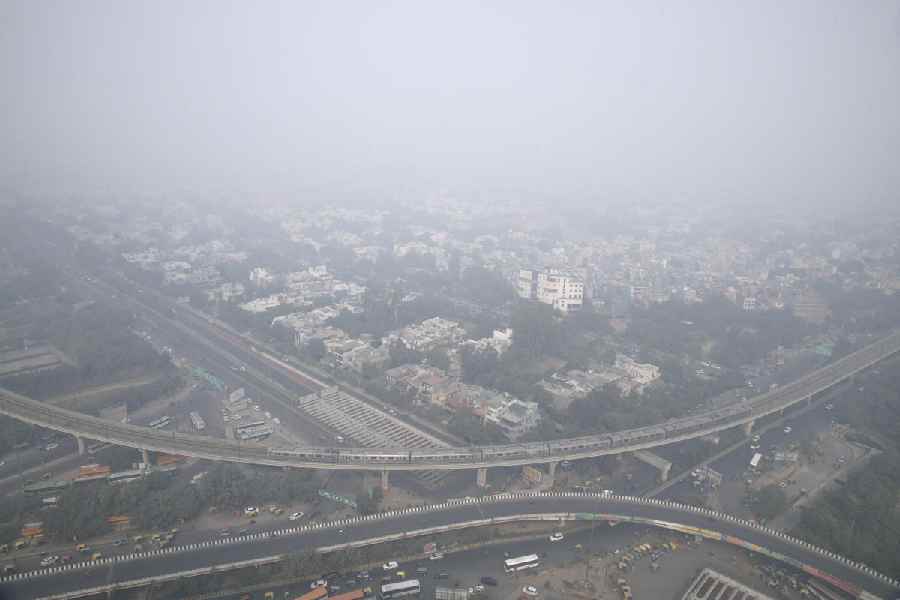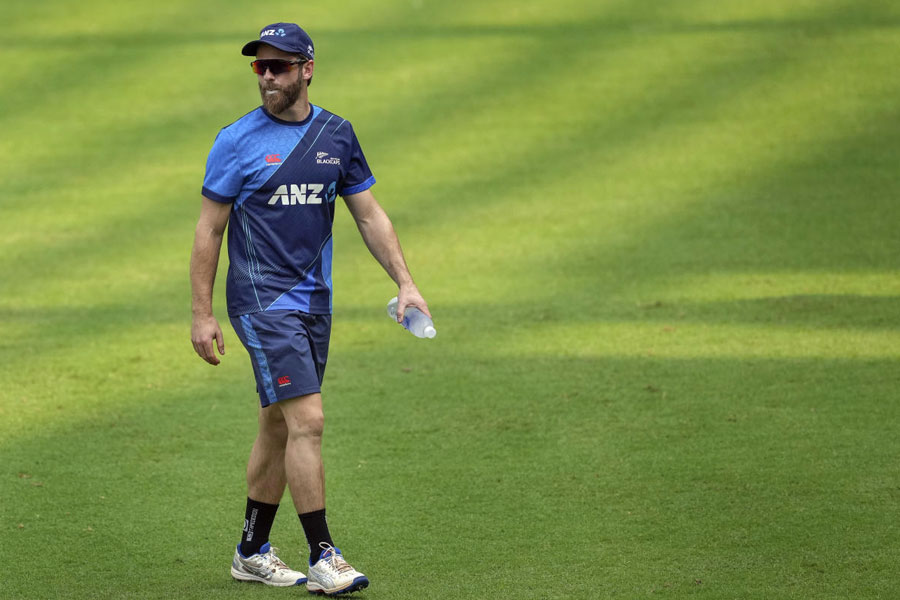Dr Mary Fowkes, a neuropathologist at Mount Sinai Hospital in Manhattan whose autopsies of Covid-19 victims early in the pandemic discovered serious damage in multiple organs, died after a heart attack on November 15 at her home in Katonah, New York. She was 66.
The findings of Fowkes led to the successful use of higher doses of blood thinners to treat patients.
When Fowkes (rhymes with “pokes’”) and her team began their autopsies, little was known about the novel coronavirus, which was believed to be largely a respiratory disease.
The first few dozen autopsies revealed that Covid-19 affected the lungs and other vital organs, and that the virus probably travelled through the body in the endothelial cells, which line the interior of blood vessels.
“We saw very small and very microscopic blood clots in the lungs, the heart, the liver — and significant blood clots in the brain,” Fowkes said in an interview on the CBS News broadcast on November 22 on the long-term effects of Covid-19. She had been interviewed by the correspondent Anderson Cooper on October 30, a little more than two weeks before her death.
The clots in the brain suggested there had been strokes, she told Cooper.
Cooper asked if she had expected to see the breadth of damage in so many organs.
“No, not at all,” Fowkes said. “Nobody’s seen it like this.”
During the interview, Fowkes held a slice of a Covid victim’s cerebellum in her left hand. Cooper pointed to a brown indentation on the brain matter.
“That’s a stroke?” he asked.
“That’s a stroke,” she said.
At the end of the report, Cooper told the audience that Fowkes had died.
Fowkes “had a curious scientific mind and an uncompromising attitude to doing as many autopsies as possible to produce something that was unique”, Carlos Cordon-Cardo, chairperson of the department of pathology, molecular and cell-based medicine at the Icahn School of Medicine at Mount Sinai, said in a phone interview.
Cordon-Cardo said the findings from the autopsies on Covid patients done by Fowkes’s team had led to an aggressive increase in the use of blood thinners, resulting in a marked improvement in the health of some patients. The medications were adjusted to account for the elevated response to Covid by patients’ immune systems, he said.
Fowkes and others involved in the Covid autopsies wrote a paper on their findings and released it in May, but it has not been peer-reviewed and published.
After her city fellowship, Fowkes had joined the Icahn School as an assistant professor of pathology and remained on the faculty until her death. She was named Mount Sinai’s director of neuropathology in 2012 and its director of autopsy service two years later.
She encouraged the hospital to perform more autopsies, citing their educational value, and pushed for an expansion of the hospital’s brain bank.
Fowkes viewed autopsies as essential to understanding disease and felt obligated to perform them on Covid victims despite her being in a vulnerable age group.
When performing autopsies, which are done on the hospital’s main floor, she used an oscillating saw to open the skull cavity to remove the brain, which potentially exposed her to the virus through aerosolised bits of bone and blood.
“There were only four pathologists who were willing to potentially risk their lives to start doing autopsies on these cases,” Fowkes told the BBC in June. But, she added, “I considered it critically important to end up doing this work so we could get some answers to know how to treat the patients correctly. So we did use all the protective equipment, but we were still very scared, to be perfectly honest.”
With protective equipment in short supply during the late winter and early spring, Fowkes would wear an N95 mask for a week at a time.
New York Times News Service











